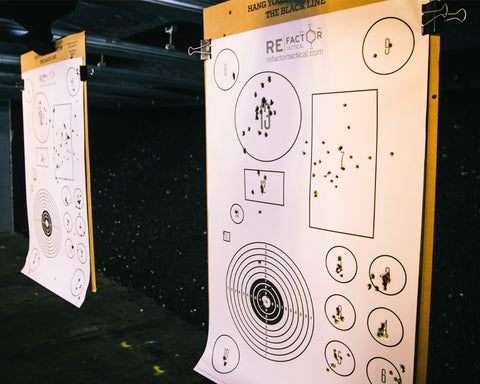In general, the time it takes to learn a language will vary from person to person. A lot of factors go into determining how quickly you can learn a language to include how much time you spend on it every day, the quality of your training, and your personal ability to pick up a language.
In general, you can expect to be able to get around using the basics of a language with 2-3 weeks of full immersion. This means waking up every morning and studying that language until you go to bed. Full immersion is needed to quickly grasp a language otherwise the duration can take months if not years. For example, most college students looking to get a degree in a language will take four years to successfully grasp a language. However, they also often study that language 3-4 times a week for a couple of hours a day. In many cases, those students will have the basics of the language down after the first year but wouldn’t be able to fully navigate the language properly until year 2 or 3.
According to the Foreign Service Institute (FSI), there are varying degrees of difficulty when it comes to languages:
- Group 1
French, German, Indonesian, Italian, Portuguese, Romanian, Spanish, Swahili
- Group 2
Bulgarian, Burmese, Greek, Hindi, Persian, Urdu
- Group 3
Amharic, Cambodian, Czech, Finnish, Hebrew, Hungarian, Lao, Polish, Russian, Serbo-Croatian, Thai, Turkish, Vietnamese
- Group 4
Arabic, Chinese, Japanese, Korea
In addition, there are 5 levels of proficiency:
1. Elementary proficiency
The person is able to satisfy routine travel needs and minimum courtesy requirements.
2. Limited working proficiency
The person is able to satisfy routine social demands and limited work requirements.
3. Minimum professional proficiency
The person can speak the language with sufficient structural accuracy and vocabulary to participate effectively in most formal and informal conversations on practical, social, and professional topics.
4. Full professional proficiency.
The person uses the language fluently and accurately on all levels normally pertinent to professional needs.
5. Native or bilingual proficiency.
The person has speaking proficiency equivalent to that of an educated native speaker.
How Long Does it Take to Learn a Language Through Immersion?
According to FSI, on average, it takes around 480 hours to reach basic fluency in the group 1 language and around 720 hours for the other groups. If you study for 8 hours a day that would be 60 days for group 1 languages and 90 days for the other languages. Again, this is a rough guide.
US Army Special Forces students are all required to learn a language and score a 1+ on the Defense Language Proficiency Test (DLPT). Special Forces students all undergo 6 months of immersion training for their initial training. If a soldier needs to reclass in another language they are sent to a follow on 4-week school. In both cases, the students are able to learn some level of proficiency enough to pass the DLPT.
How Long Does it Take to Learn a Language online?
Learning a language through online training only is almost impossible. However, it is a great aid for any other language classes you might be taking. The reality is that not a lot of people are able to learn a language through a simple online course because there isn’t enough interaction with native speakers. In order to really be able to learn a language, you need to train your ear to hear the language. Just as important is having someone to teach you on the proper pronunciation. That being said there are a few online programs we recommend using as an aid to your face to face training. These programs are also a great way to just learn the basics before going to a new country.
What’s the fastest way to learn a language?
- Rosetta Stone– Rosetta Stone has some excellent training aids that can help you get immersed in the language. This is a great language aid for anyone looking to get down the basics of a language.
- Pimsleur– Pimsleur is also a great training aid but we recommend it if you’re looking to increase your listening skills since they have a very comprehensive audio program
- Rocket Language– Rocket Language is another great tool and has a good combination of both Rosetta Stone and Pimsleur. These guys are kind of new to the game but still produce a great learning program.
Is English a Hard Language to Learn?
In general, English is actually a very hard language to learn. As English speakers, it comes naturally to us, however, for someone who isn’t a native speaker the English language is very complex. One of the biggest issues are rules that don’t apply throughout the language. We have things like they are, they’re, their and there… or two, too and to. All of these can be extremely confusing to someone trying to learn the language for the first time. Like other languages, the English language is more or less difficult depending on the native language of the person trying to learn English. Spanish speakers will have an easier time learning English than someone from China or Japan.
Want to learn a new language? Read our blog to find out the easiest language to learn






Leave a Reply
Your email address will not be published. Required fields are marked *